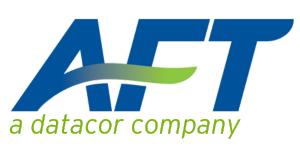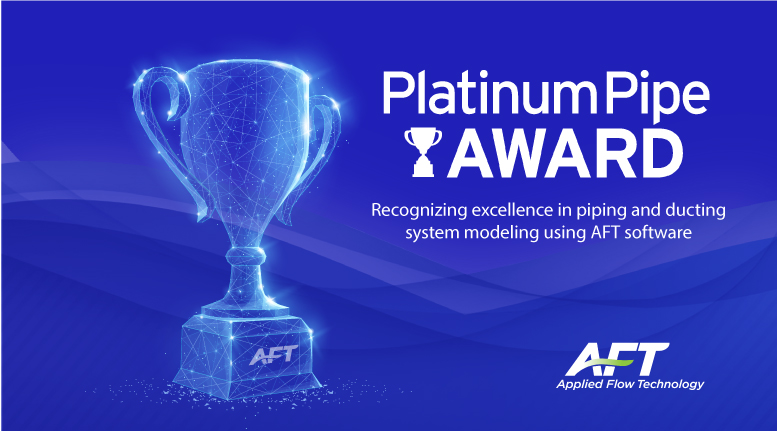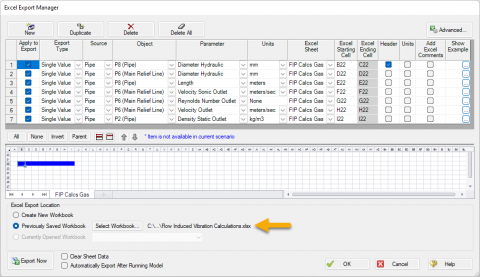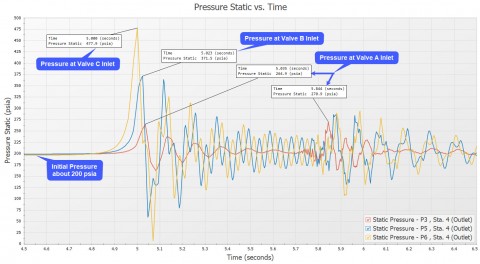AFT Blog
This article is the second in a two-part series on the future of engineering. Part 1 was discussed last month in The Future of Engineering - Part 1.
I was teaching a training class a few months ago at Kennedy Space Center in Florida and had the good fortune to get a guided tour of the space center by "Rob," one of the attendees in my class. I wrote about this tour in My 50th Anniversary Visit to the Site of John Glenn’s First American Flight Into Space.
Summary Engineers are often responsible to design systems to comply with codes and standards. In recent years codes that apply to waterhammer and surge pressures have become more prominent. Increasingly AFT Impulse is being used to help engineers comply with such codes. Once AFT Impulse has calculated the maximum pressure due to a transient event, what shall the designer do with this value? The answer to this question depends on the code that is being used as the piping design basis. In this article, we’ll be discussing how two important piping design codes - B31.4 and B31.3 - deal with surge...
We have been hard at work for the last several years on the next generation of AFT software products. These new versions will extend AFT's leadership in the global marketplace and offer engineers unprecedented modeling and user interface capabilities.
May and June are the time for graduations in the USA. My third son graduated from high school this month and will be pursuing a major in Aerospace Engineering. My oldest son is finishing his third year in Mining Engineering and my second son has started into a Mechanical Engineering major. Engineering education and the future of engineering is a frequent discussion topic around our home.
AFT Arrow can be used to model various types of choking such as restriction choking, endpoint choking, and expansion choking. A useful parameter in AFT Arrow’s output is the “Sonic Flow Area” and this is the flow area in which sonic choking will occur. Comparing the sonic flow area to the actual flow area can help determine the margin between not choking and choking. The figure below provides a conceptual understanding of comparing various sonic areas to the actual flow area of a compressible system. If one defines their system such that the sonic area (ASonic,1) is less than the flow...
A frequently asked question at our training seminars - usually during a break or over lunch - is how we came up with the name "Arrow". More completely, the product is named AFT Arrow™ and it is considered by many as the world's leading compressible pipe flow modeling software product.
A common task among pipe stress engineers is to evaluate loads on pipe systems caused by waterhammer. Since AFT Impulse 4.0 was released our users have had the ability to calculate waterhammer-induced unbalanced forces for use in any pipe stress analysis application. In addition, our users can create specially formatted transfer files for direct use in CAESAR II and TRIFLEX. However, the process of calculating such forces in AFT Impulse and then applying them in pipe stress software is not as straightforward as it sounds. Our customers have asked for assistance in this process. I have teamed with AFT's distributor in Canada...






